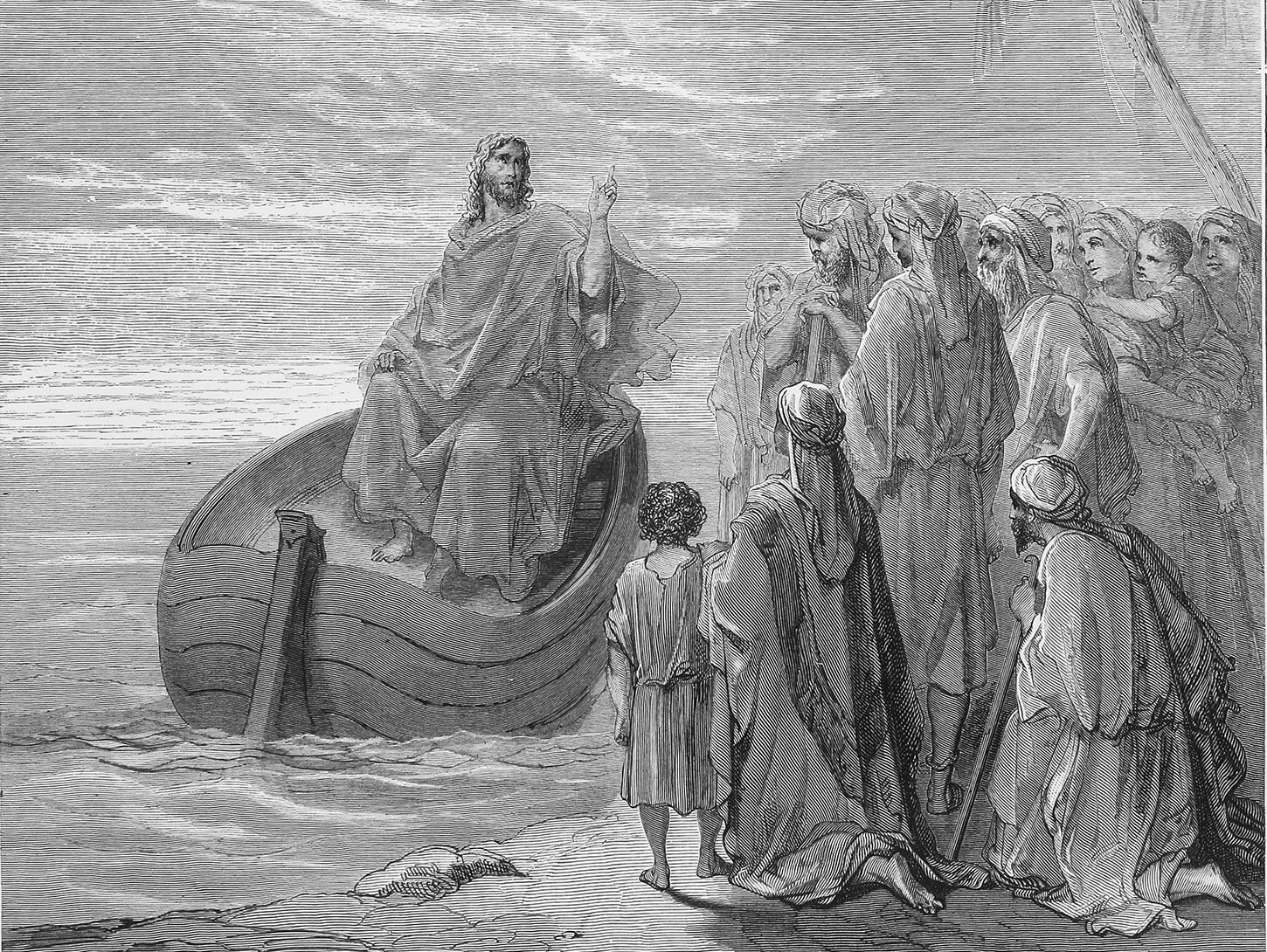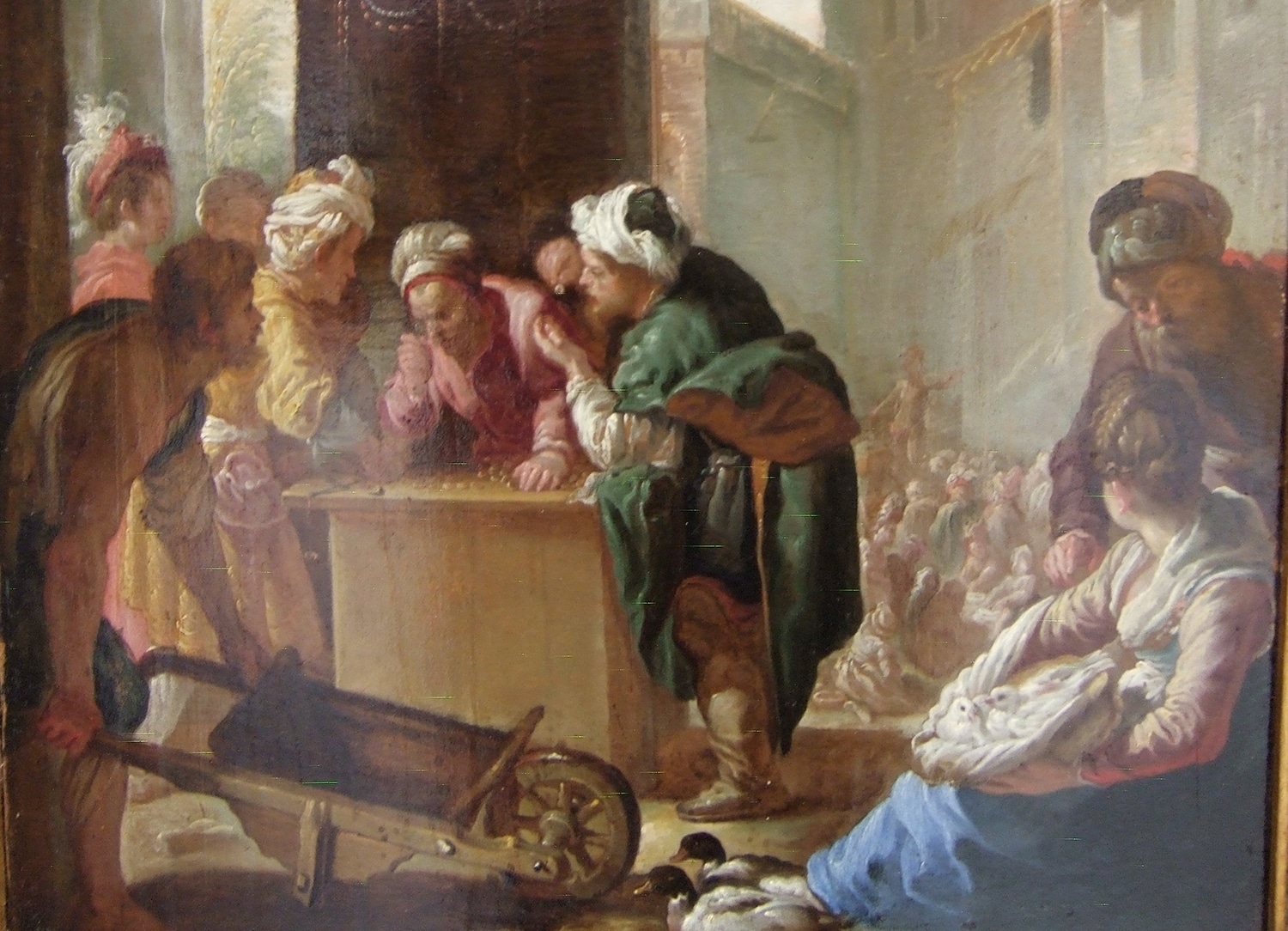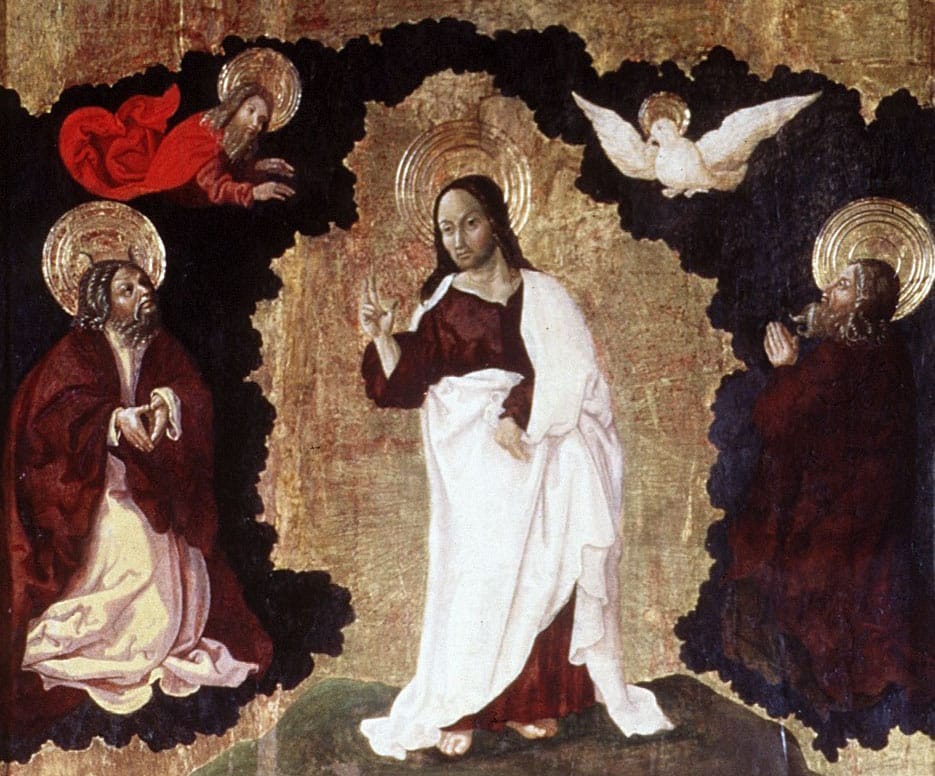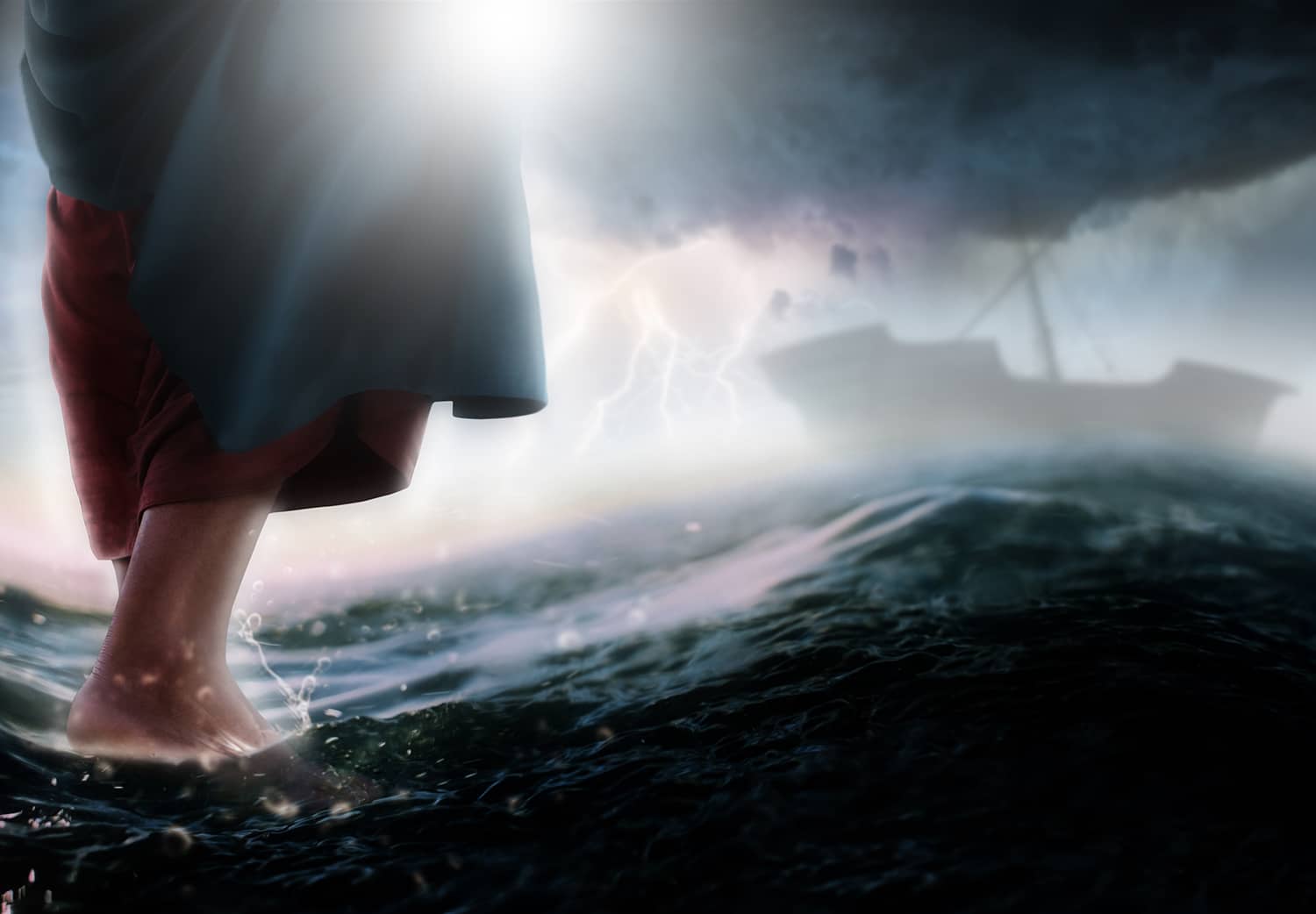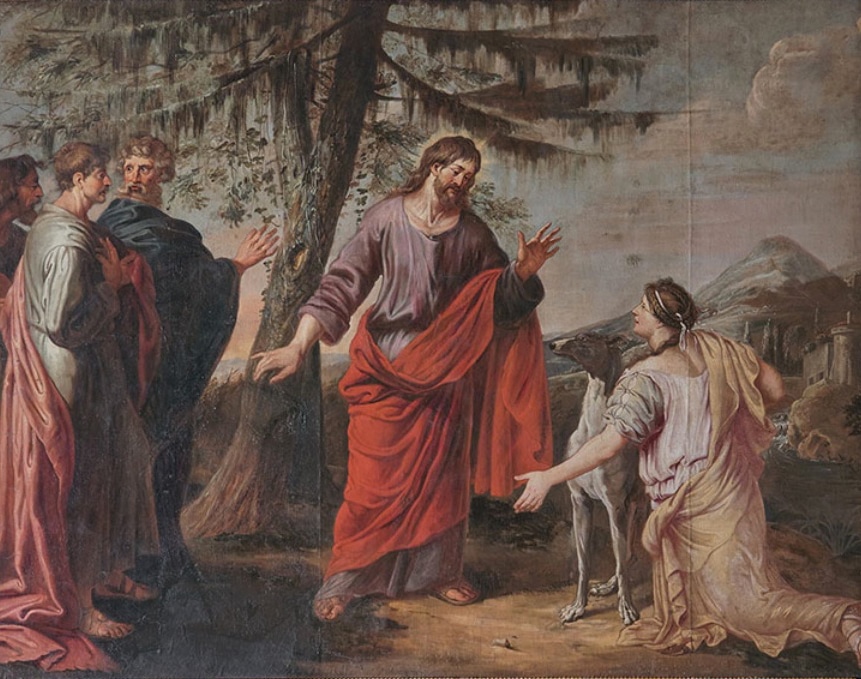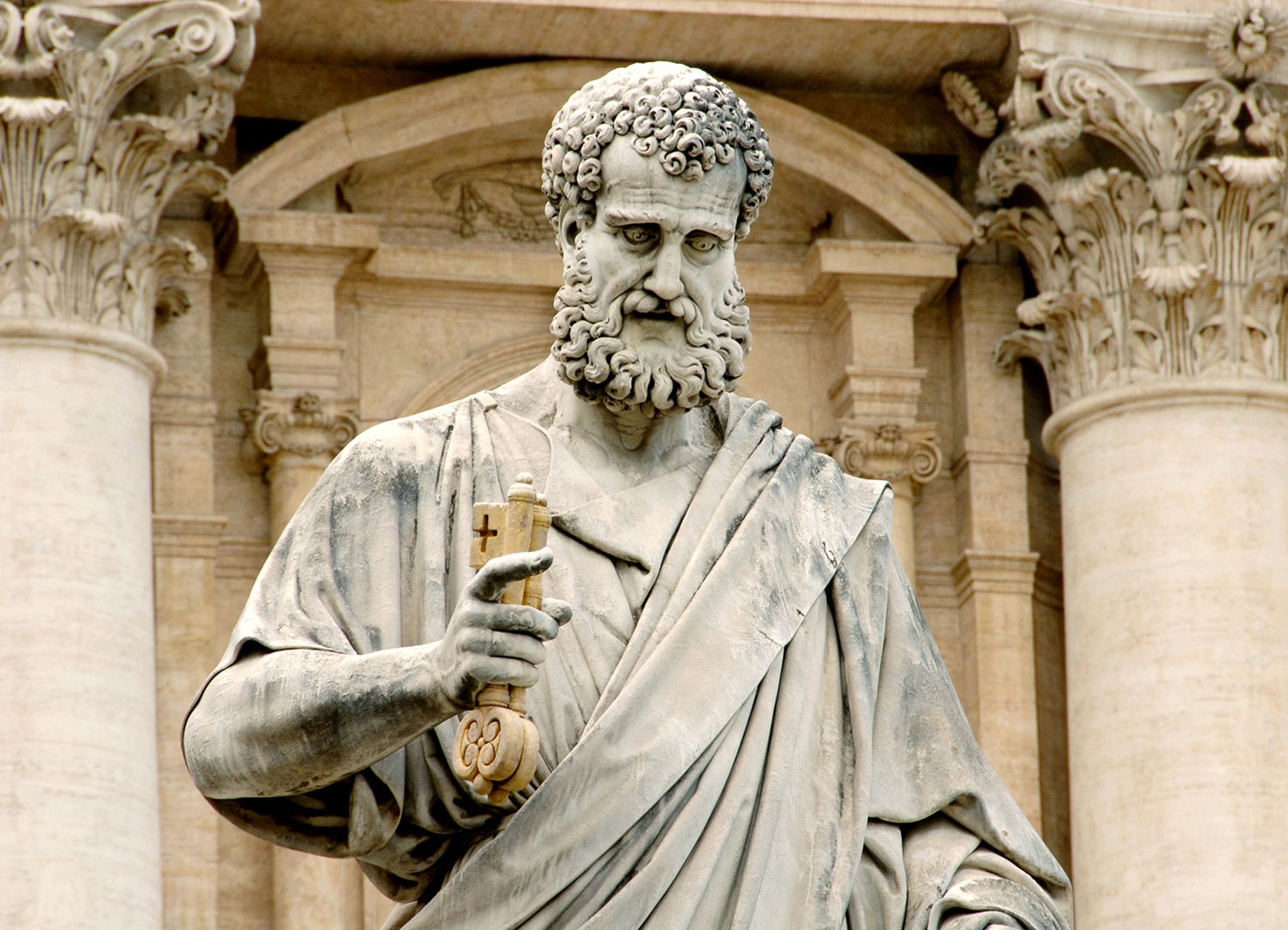Pope St. Gregory the Great (d. 604) loved the Scriptures. He relished in quiet time to read and contemplate them. And, over time, as he read and wrote commentaries on Scripture, he developed many analogies for the pages of Scriptures and the delights of reading. He thought of Scripture as a river, both deep enough for learned readers (which he described as “elephants”) and shallow enough for the beginner (the “mouse”). Somewhat similarly, Scripture is a refreshing fountain from which we can drink. Elsewhere is a jeweled treasure, glinting with color and clarity. And elsewhere again, it is a forest in which the reader can walk in the cool of the shade.
I love all of these images of Scripture from Pope St. Gregory the Great. As we become familiar with the Scriptures by reading them, we see how true his analogies are. The depths of Scripture tell us moving and colorful stories while offering us deeper allegorical, moral and mystical truths. In this, Scripture is like a river or forest. We almost enter into Scripture’s story, as if into another world, moving deeper and deeper into the mystery of God’s self-revealing words, which refresh and enliven our souls.
| July 23 – 16th Sunday in Ordinary Time |
|---|
|
Wis 12:13, 16-19 Ps 86:5-6, 9-10, 15-16 Rom 8:26-27 Mt 13:24-43 |
I offer these initial comments on Pope St. Gregory’s understanding of Scripture as a way to approach the parables of Matthew’s Gospel. The long form of the Gospel reading for this Sunday includes three well-known parables: “The kingdom of heaven may be likened to a man who sowed good seed in his field”; “The kingdom of heaven is like a mustard seed”; and, “The kingdom of heaven is like yeast.”
In July 2020, these parables were presented as part of the OSV In Focus series on Matthew. In that article, we learned about the purpose of Christ’s teaching in parables: “Jesus went out … and sat beside the sea (Mt 13:1). There, he spoke to them at length in parables (Mt 13:3).” Together, the seven parables given by the sea constituted “a ‘sermon in parables’ about the mystery of the kingdom.” In other words, Christ sat by the sea and spoke in parables to reveal to us something that eye has not yet seen, nor ear has yet heard: the kingdom of heaven. Christ’s revelation, therefore, had to be according to the likeness of what we have seen and heard. Christ spoke in parables in order to invite us into a world — the kingdom of heaven! — through analogous experiences.
And, more importantly, Christ’s “sermon in parables” was designed by Christ to move us, his listeners and readers, to take up our mysterious vocation to the kingdom of heaven. What we have seen and heard must open and expand us toward that which is being ever-revealed to us in Christ. Thus, Christ’s parables themselves are like mustard seeds, or leaven, planted and encouraged within us by Christ.
It is also true, then, as we have seen with Pope St. Gregory’s help, that Scripture invites us into its stories, into the images, in the case of this Sunday’s parables, of the farm. Hearing Christ’s parables, we can see ourselves walking in a farmer’s field ripe with wheat, but also tangled with weeds, we can imagine a “large bush” filled with “the birds of the sky,” and the wheat gathered in the barn.
From here, we enter into the depths of the Scriptures — we receive the deeper meaning of Christ’s parables, and we move toward the mystery that is being revealed: the kingdom of heaven. We are called into these scriptural depths so that Christ might plant the seeds of his kingdom within us according to his self-revealing words, encourage our growth with his love, and perhaps even make us like the “good wheat” that he is, harvested and offered to all.

